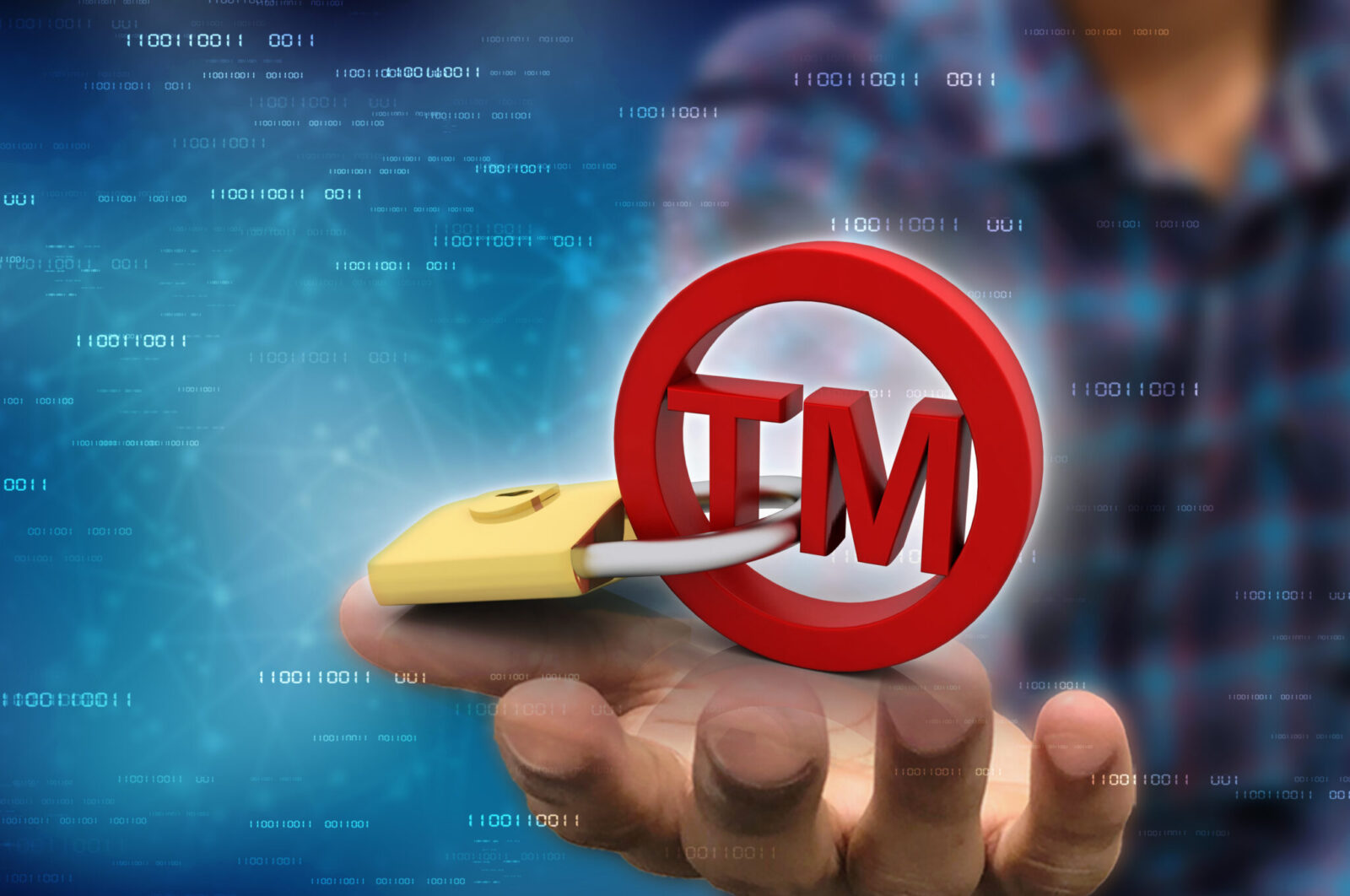
The UK Intellectual Property Office (UKIPO) has recently published new guidance relating to the classification of non-fungible tokens (NFTs), virtual goods, and services provided in the metaverse during the trade mark application process. Unsurprisingly, the UKIPO has seen an increasing number of trade mark applications for specifications containing these terms, as well as questions surrounding appropriate terminology and class categories for NFTs and virtual goods and services. The guidance is helpful to business owners looking to protect their brands in this evolving landscape.
NFTs
NFTs are digital assets, such as art or collectables, that exist on a blockchain, and which can be bought and sold. Each NFT is unique, although the underlying content it contains may not be – for example, a series of unique NFTs could be published for the same piece of art, much like a release of a limited number of prints of an artwork.
The UKIPO will not accept “NFTs” as a classification term alone; it needs an indication of the asset to which the NFT relates. In addition, whilst NFTs relate primarily to digital assets, they could also be used in commerce as a technological tool to authenticate physical goods. The UKIPO has therefore provided examples of terms that would be accepted in some class categories. These include: digital art / downloadable graphics / downloadable digital files authenticated by non-fungible tokens [NFTs] in Class 9 (which covers computer software amongst other things); artwork, authenticated by non-fungible tokens [NFTs] in Class 16; handbags, authenticated by non-fungible tokens [NFTs] in Class 18; and training shoes, authenticated by non-fungible tokens [NFTs] in Class 25.
In the same way as other goods and services, NFTs can be retailed and/or provided via online marketplaces, so the UKIPO will also accept the following types of terms in relation to Class 35 services: Retail services connected with the sale of [e.g. virtual clothing, digital art, audio files] authenticated by non-fungible tokens; or Provision of online marketplaces for buyers and sellers of goods and services which are authenticated by non-fungible tokens.
Other uses of NFTs will be considered on a case-by-case basis.
Virtual Goods and Services
All virtual goods need to be classified in Class 9 of the Nice Classification system because, essentially, the goods to which they relate consist of data such as digital images. The UKIPO provides examples of terms that would be accepted including: downloadable virtual clothing, footwear, or headgear or downloadable virtual handbags.
In relation to services, if a service is capable of being delivered by virtual means, such as via video-conferencing or instant messaging, the UKIPO will continue to accept these services in their original classes.
In addition, the metaverse is a form of digital reality, where people can access virtual worlds and interact with others. With that in mind, the UKIPO will also accept services provided through the metaverse in the same class as they would be via more traditional forms of delivery. However, this is not possible for all “metaverse” services. For example, whilst ordering food and drink inside the metaverse for delivery or consumption in the physical world would be categorised in Class 43 (services for providing food and drink), a metaverse avatar “consuming” food and drink within the metaverse, would not constitute a Class 43 service. As a result, these types of services would be appropriately categorised into “entertainment services” in Class 41. Examples of the terms that would be accepted include things like education and training services delivered by virtual means or provided via the metaverse in Class 41.
Comment
As the NFT and metaverse landscape continues to develop and evolve, this guidance from the UKIPO is welcomed, by trade mark professionals and businesses alike. It gives greater clarity on the classification and appropriate terminology to use in protecting trade marks covering NFTs and virtual goods and services, and will likely continue being updated as and when new developments arise.
How can Burges Salmon help?
If you would like any further information or would like to discuss how to protect your brand in light of emerging technologies, please contact Emily Roberts or your usual intellectual property team contact.









/Passle/5d9604688cb6230bac62c2d0/SearchServiceImages/2025-04-11-12-01-15-844-67f9048b5b0bb6ebfc0870e8.jpg)
/Passle/5d9604688cb6230bac62c2d0/SearchServiceImages/2025-04-01-10-58-43-642-67ebc6e3ec65d6ab8cf9d3aa.jpg)